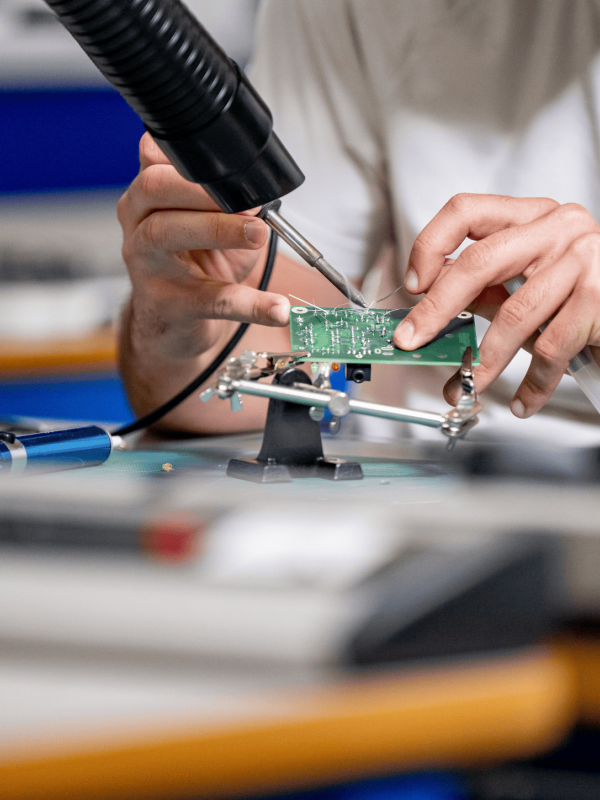- Electronic Engineering with Computer Systems
Electronic Engineering with Computer Systems BEng (Hons) — 2027 entry
Thank you for your interest in this programme – however, the programme has now been withdrawn and is no longer available for entry.
Need more information?
Contact our Admissions team or talk to a current University of Surrey student online.


